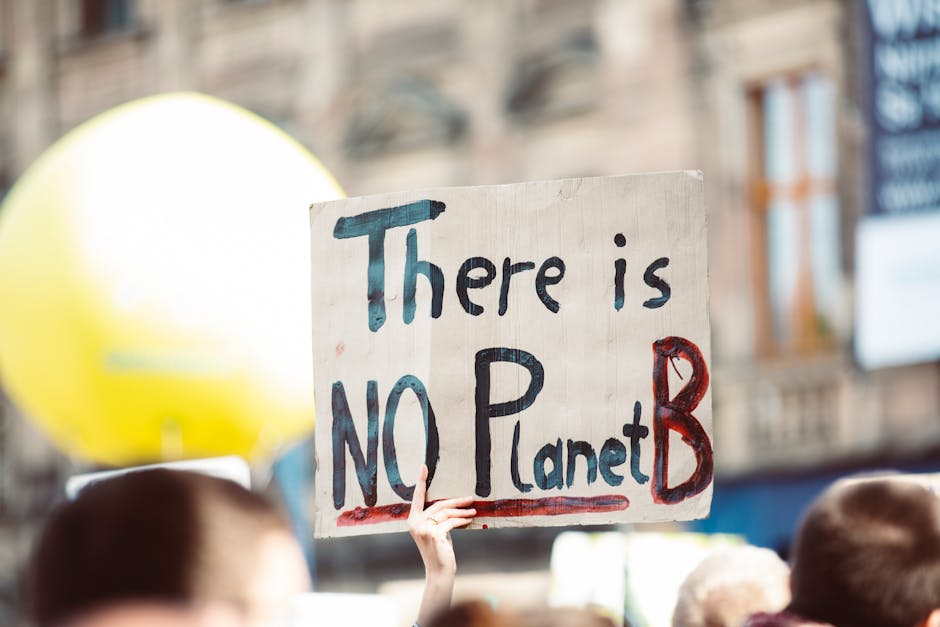Global warming, also known as climate change, refers to the continuing increase of Earth's global average temperature and is primarily caused by human emissions like burning fossil fuels and deforestation. This increasing level of emissions traps heat in the atmosphere, leading to a gradual warming of the planet. The consequences are far-reaching, affecting weather patterns, sea levels, and ecosystems worldwide.
One of the most visible effects of global warming is the rise in sea levels. As glaciers and polar ice caps melt at an accelerated rate, they add more water to the oceans. Simultaneously, the warming of the ocean water causes it to expand, further contributing to the rising sea levels. This poses a significant threat to coastal communities and ecosystems, increasing the risk of flooding and erosion.
Changes in weather patterns are also becoming increasingly apparent. Global warming can lead to more frequent and intense heatwaves, droughts, and extreme precipitation events. These changes can disrupt agriculture, water resources, and human health, causing widespread damage and displacement.
The impact on ecosystems is equally alarming. Many plant and animal species are struggling to adapt to the rapidly changing climate. Coral reefs, for example, are highly sensitive to temperature changes and are experiencing widespread bleaching events. This loss of biodiversity can have cascading effects throughout the food chain and disrupt the balance of entire ecosystems.
While the challenges are significant, there are steps we can take to mitigate the effects of global warming. Transitioning to renewable energy sources like solar and wind power is crucial for reducing our reliance on fossil fuels. Investing in energy efficiency measures in homes and buildings can also significantly reduce our carbon footprint.
Sustainable transportation is another important aspect. Promoting public transportation, cycling, and walking can help reduce emissions from vehicles. Electric vehicles are also becoming increasingly accessible and offer a cleaner alternative to traditional gasoline-powered cars.
Individual actions also play a crucial role. Reducing our consumption of meat and dairy products, which have a high carbon footprint, can make a difference. Choosing sustainable products, reducing waste, and recycling are other ways we can contribute to a more sustainable future.
Addressing global warming requires a collective effort. Governments, businesses, and individuals all have a role to play in reducing emissions and protecting our planet. By working together and embracing sustainable practices, we can create a healthier and more resilient future for generations to come.

